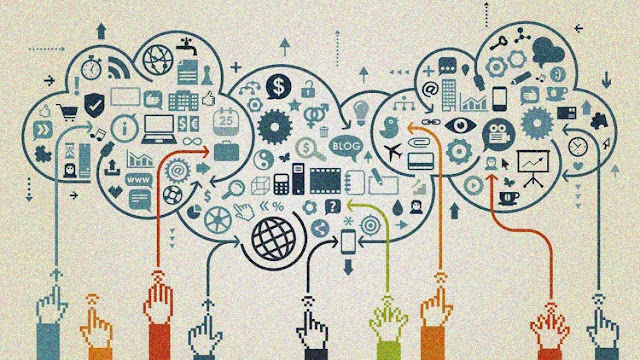Technological Convergence
Technological Convergence Case Study:
Technological convergence is the process by which existing technologies merge into new forms that bring together different types of media and applications. The applications and trends of Technological convergence in converged communications is a prominent issue that has affected me in positive ways. The technological convergence has various benefits on the everyday life in relation with the digital age that arises. Digitalization has brought the technological convergence with new opportunities in terms of development and bridged the digital divide as a single service provider.
The technological convergence also contributes to digital communication and social media as it enables communication between different programs and platforms. Moreover, technological convergence influenced the everyday life by affecting the telecommunications as well.
Technological Convergence is the tendency for different technological systems to evolve towards performing similar tasks. Technological Convergence is when new technologies are created that take over from past technologies and perform the same task but in a more advanced manner. For example, people ‘used’ to listen to music using the radio but now technological convergence has evolved and the majority use Phones. Another good example is the internet!
Voice over Internet Protocol (VOIP) is a technological convergence of phone service over the internet. Some examples of applications that make use of VOIP technology are Whatsapp, Wechat, Google Phone, Google Group Chat, Facebook Messenger Video and Voice Chat and Skype; these are common examples that are widely used.
Reference link: https://shape.att.com/blog/examples-of-convergence
Importance of Convergence
Convergence can permeate many aspects of a social and economic activity.
Convergence is important because of the role it can play in national economic and social development and growth. It has the potential to impact on all segments of society – it can shape the delivery of government services (education and health included), redefine the way businesses operate and provide individuals with as yet unimagined information and communication services.
Adapting to convergence will expand access to communications, reduce costs and stimulate economic growth.
The merging of delivery platforms and content creates new opportunities for the development and delivery of services and products that can expand access to communications services in all parts of the world and better meet the needs of users
Adapting to convergence is a condition for full and effective participation in the global economy and information society.
Convergence is part of the global information society scenario that has shaped and been shaped by changes in policy and regulation in the telecommunications sector – privatization, creation of independent regulators, introduction of competition. Competition in an environment marked by convergence is assumed to lead to faster-paced innovation and improved products and services for consumers, at lower costs. The resulting networked economy will facilitate national economic growth and participation in the global information or knowledge society.



Comments
Post a Comment